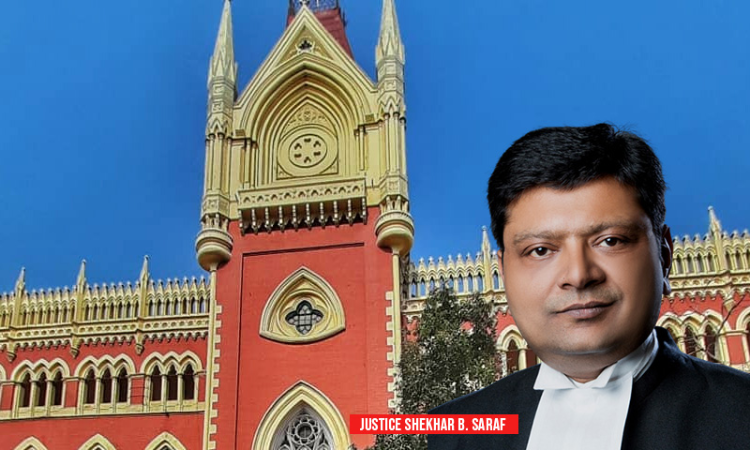The Calcutta High Court has held that the arbitrator cannot, while adjudicating the dispute between the parties, apply trade usages against the express intention of the terms of the agreement between the parties. It held that by virtue of Section 28(3) of the A&C Act, an arbitrator can apply trade usages to determine the dispute between the parties, however, the same cannot...

